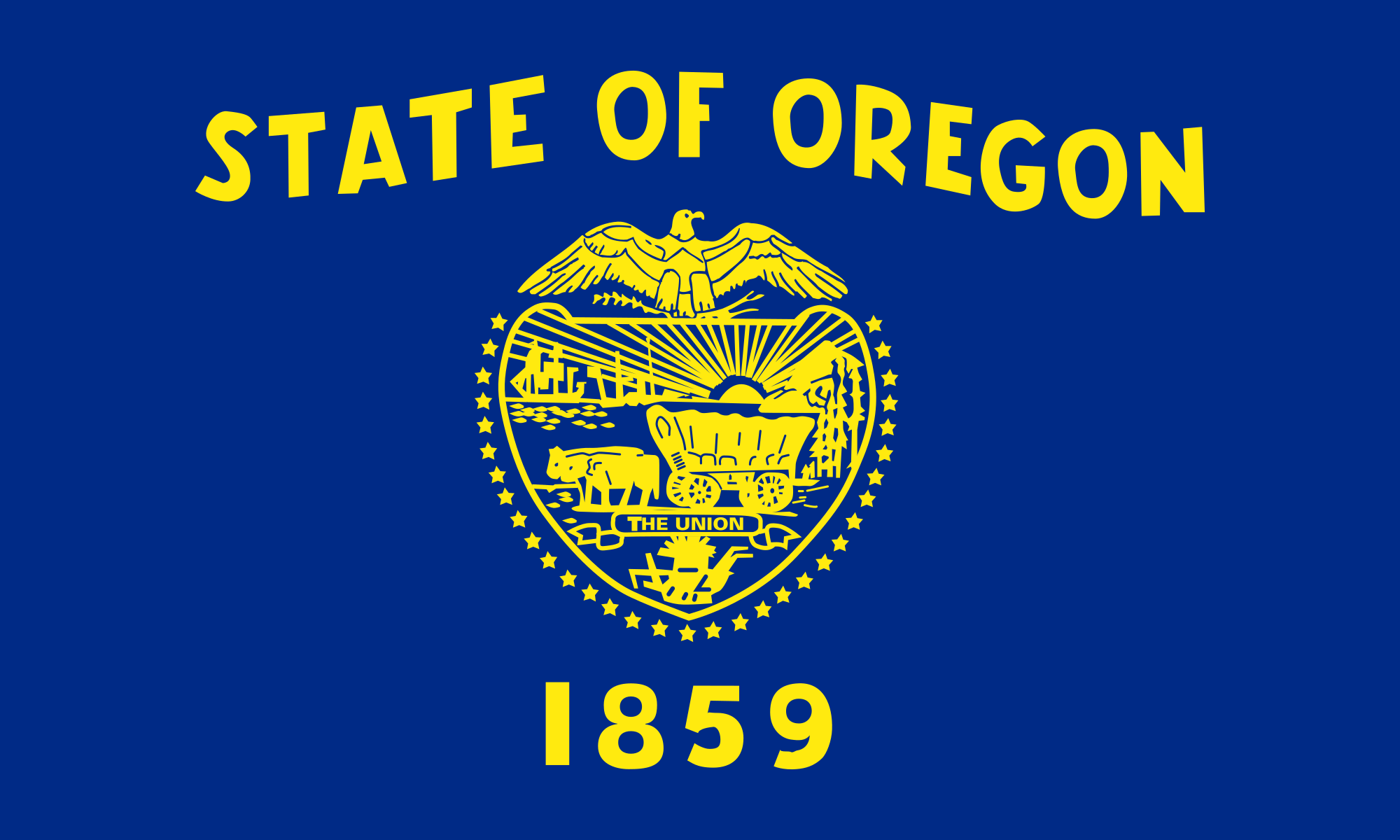Quick Hits
- With some exceptions, Oregon’s SB 951 renders “void and unenforceable” noncompetition agreements with “medical licensees,” i.e., Oregon-licensed physicians, nurse practitioners, physician associates, and practitioners of naturopathic medicine.
- The law also renders “void and unenforceable” certain kinds of nondisparagement and nondisclosure agreements between medical licensees and management services organizations, hospitals, or hospital-affiliated entities.
- The new limitations apply prospectively and void noncompliant agreements entered into or renewed on or after the law takes effect. However, Section 3 of HB 3410 modified SB 951 to provide that the Act’s limitations also apply to noncompetition agreements entered into before the act’s effective date.
- The law provides anti-retaliation protections to medical licensees who violate otherwise valid nondisclosure or nondisparagement agreements or who disclose or report information that a licensee believes in good faith violates a law, rule, or regulation.
Limitations on Noncompetition Agreements With Medical Licensees
SB 951 renders void and unenforceable noncompetition agreements with medical licensees that are entered into on or after the passage of the law, with some exceptions. However, Section 3 of HB 3410 provides that SB 951 limitations apply to noncompetition agreements entered into “before, on or after” the passage of the law.
A “medical licensee” includes an individual licensed in Oregon to practice medicine or naturopathic medicine, or an individual licensed as a nurse practitioner or physician associate.
SB 951 defines a “noncompetition agreement” as “a written agreement between a medical licensee and another person under which the medical licensee agrees that the medical licensee, either alone or as an employee, associate or affiliate of a third person, will not compete with the other person in providing products, processes or services that are similar to the other person’s products, processes or services for a period of time or within a specified geographic area after termination of employment or termination of a contract under which the medical licensee supplied goods to or performed services for the other person.”
The limitation on noncompetition agreements broadly applies to agreements between medical licensees and any person, management services organization, hospital, or hospital-affiliated clinics.
A “management services organization” in this context is defined as “an entity that under a written agreement, and in return for monetary compensation” provides “management services”—i.e., “ services for or on behalf of a professional medical entity”—including payroll, human resources, employment screening, employee relations, or any other administrative or business services that support or enable the entity’s medical purpose but that do not constitute the practice of medicine; the enabling of physicians, physician associates, and nurse practitioners to jointly render professional healthcare services; or the practice of naturopathic medicine.
The law provides exceptions to the prohibition on noncompetition agreements with medical licensees. In all cases, a noncompetition agreement must comply with Oregon’s general limitations on such agreements between employers and employees set out in ORS 653.295.
Pursuant to SB 951, as modified by HB 3410, noncompetition agreements with medical licensees will be permitted where the medical licensee has a minimum ownership or membership interest in the other party to the agreement; where “the medical licensee does not engage directly in providing medical services, health care services or clinical care”; or where the professional medical entity provides the medical licensee with documentation of a “recruitment investment,” defined as costs to the professional medical entity equivalent to at least 20 percent of the annual salary of the medical licensee that are incurred for (a) “marketing to and recruiting the licensee”; (b) “providing the licensee with a sign-on or relocation bonus”; (c) “educating or training the licensee in the entity’s procedures”; (d) providing the licensee with “support staff, technology acquisitions or upgrades and license fees related to the employee’s employment”; or (e) “similar or related items.” The legislation further places limits on the length of time a noncompetition agreement can remain in effect.
Limitations on Nondisclosure and Nondisparagement Agreements With Medical Licensees
In addition to its limitations on noncompetition agreements, SB 951 also limits nondisclosure and nondisparagement agreements between medical licensees and management services organizations, or between medical licensees and hospitals or hospital-affiliated entities, if the licensee is an employee of the hospital or hospital-affiliated entity. These limitations apply to agreements entered into on or after the date of the law’s passage. There are also some important exceptions.
Nondisclosure Agreements
SB 951 defines a “nondisclosure agreement” as any written agreement that restricts a medical licensee from disclosing (a) a policy or practice that the licensee was required to use in patient care other than individually identifiable health information protected from disclosure under the Health Insurance Portability and Accountability Act of 1996 (HIPAA); (b) a policy, practice, or other information about or associated with the licensee’s employment, conditions of employment, or rate or amount of pay or other compensation; or (c) any other information the licensee possesses or to which the licensee has access by reason of the licensee’s employment by, or provision of services for or on behalf of, the other party to the agreement.
Nondisparagement Agreements
SB 951 defines a “nondisparagement agreement” as any written agreement that requires a medical licensee to “refrain from making to a third party a statement about another party to the agreement or about another person specified in the agreement as a third-party beneficiary of the agreement, the effect of which causes or threatens to cause harm to the other party’s or person’s reputation, business relations or other economic interests.”
Exceptions to the Limitations on Nondisclosure and Nondisparagement Agreements
The limitations on nondisclosure and nondisparagement agreements expressly do not apply to information subject to protection by applicable trade secret law or to information that is proprietary to the other party or other third-party beneficiary of the agreement. The limitations also do not apply to statements by medical licensees that constitute actionable libel, slander, tortious interference with contractual relations, or other established tort, so long as a claim against the medical licensee does not depend upon or derive from a breach or violation of the agreement.
The new law also permits a nondisclosure or nondisparagement agreement with a medical licensee under the following two circumstances:
- The medical licensee’s employment with the other party has terminated, voluntarily or involuntarily, and the licensee is not restricted from making a good faith report of information that the licensee believes is evidence of a violation of a law, rule, or regulation to a hospital, hospital-affiliated clinic, or state or federal authority.
- The nondisclosure or nondisparagement agreement is part of a negotiated settlement between the medical licensee and the other party.
Anti-Retaliation Protections
The new law prohibits a management services organization or a professional medical entity from taking an “adverse action” against a medical licensee in retaliation for, or as a consequence of, the licensee’s violation of a nondisclosure or nondisparagement agreement or because the licensee in good faith disclosed or reported information that the licensee believed was a violation of law, rule, or regulation to the management services organization, a hospital, a hospital-affiliated clinic, or a state or federal authority.
An “adverse action” is broadly defined to include “discipline, discrimination, dismissal, demotion, transfer, reassignment, supervisory reprimand, warning of possible dismissal or withholding of work, even if the action does not affect or will not affect a medical licensee’s compensation.”
Next Steps
With SB 951 and HB 3410, Oregon joins other states, such as Colorado, Wyoming, Pennsylvania, Louisiana, Maryland, and Connecticut, that are considering or have taken steps to significantly limit or prohibit restrictive covenants with healthcare practitioners.
In light of the changes, employers of healthcare practitioners in Oregon may want to consider reviewing and revising their employment contracts and evaluating alternative strategies for protecting their business interests.
Ogletree Deakins’ Portland, Oregon, office and Unfair Competition and Trade Secrets Practice Group will continue to monitor developments and will provide updates on the Healthcare, Oregon, and Unfair Competition and Trade Secrets blogs as additional information becomes available.
Editor’s Note: This article was updated on August 11, 2025, to reflect the enactment into law of HB 3410.
Follow and Subscribe
LinkedIn | Instagram | Webinars | Podcasts






